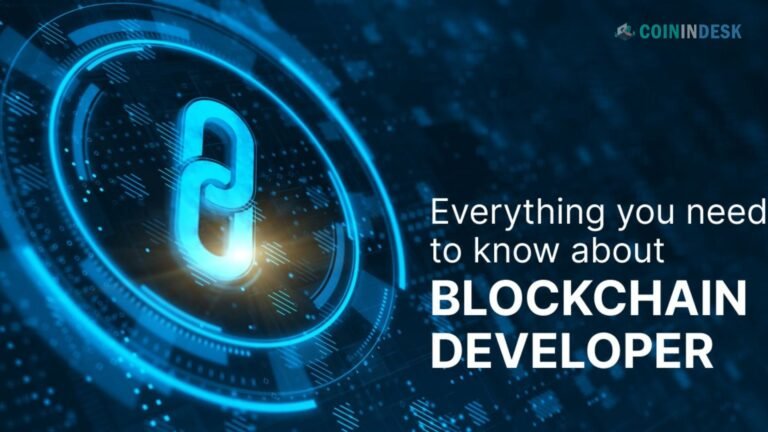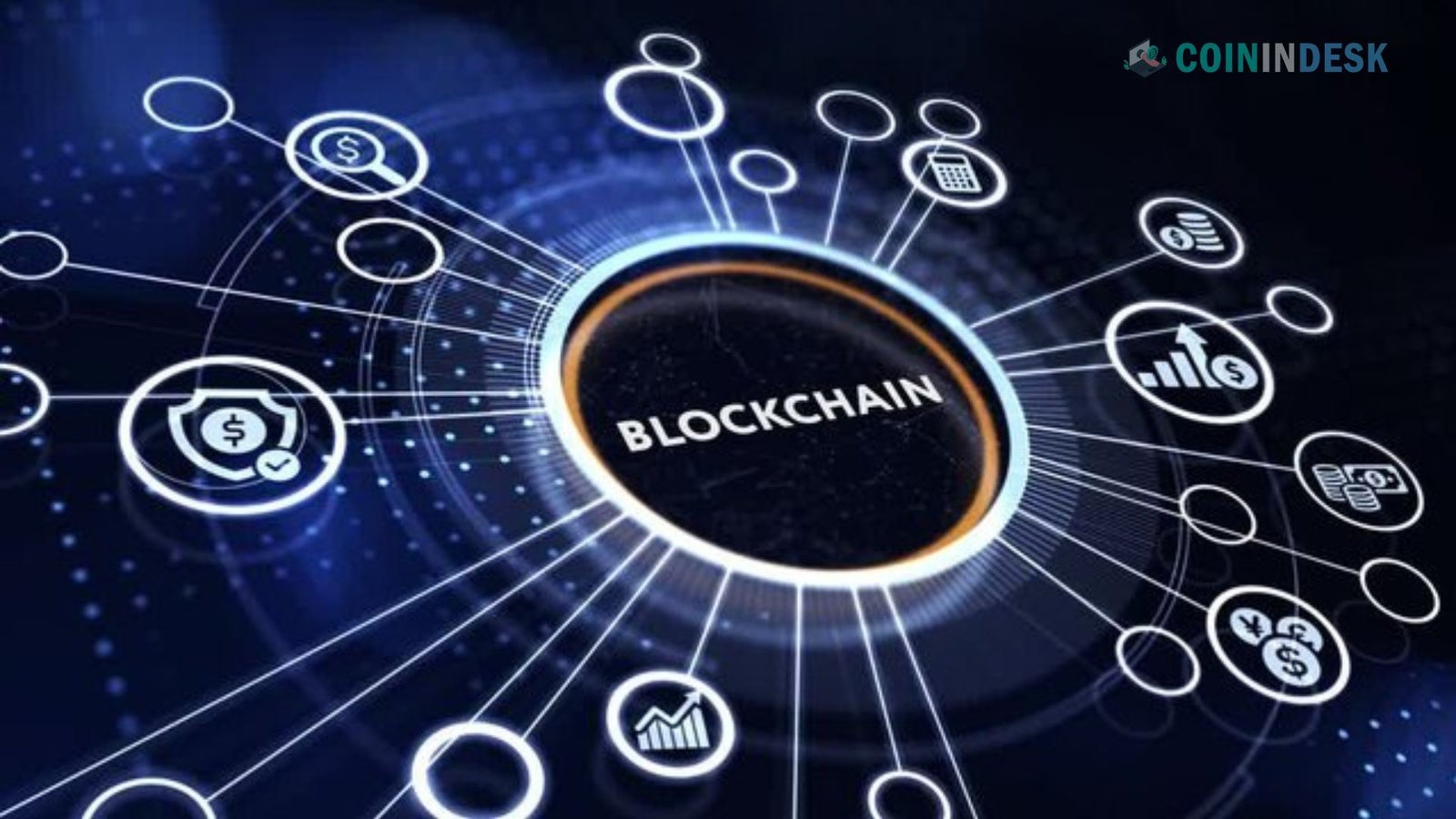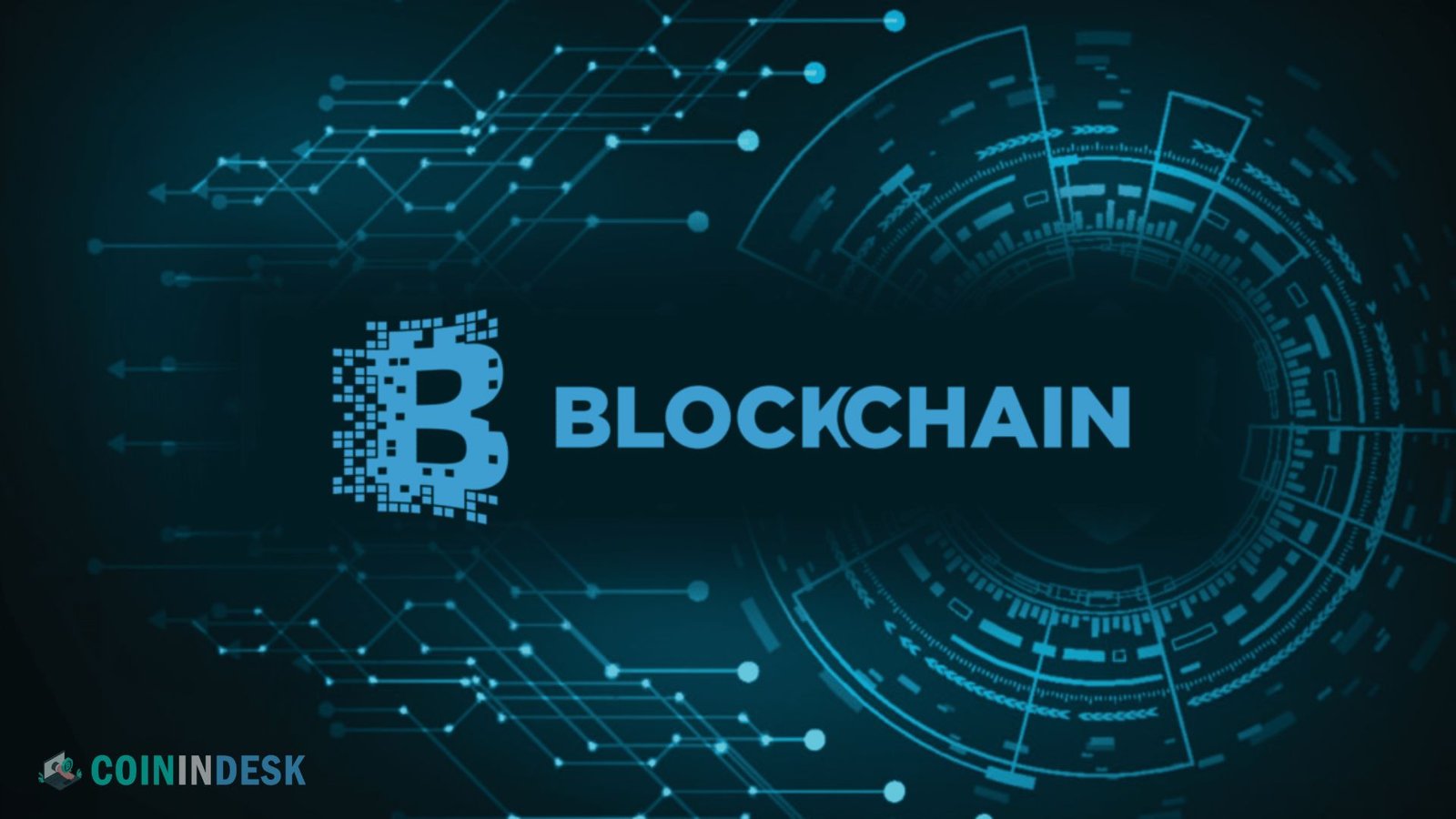Nowadays, the word “blockchain” is used interchangeably in the digital realm. Many sectors are seeing the ripple effects of blockchain technology, which includes Bitcoin, NFTs, and decentralized finance (DeFi). However, a blockchain developer—a highly trained individual—is the backbone of every blockchain program. Decentralized apps (dApps), smart contracts, and blockchain networks are revolutionizing data interaction and transactions, and these developers are the brains behind it all.
What exactly is a blockchain developer, if you must know? And are interested in learning more about what it takes to become one, you’ve found the ideal spot. In this blog, we will go into the responsibilities of a blockchain developer, the knowledge and resources they must have, the many kinds of blockchain developers, and the job prospects for anyone seeking to join this rapidly growing industry.
What is Blockchain Technology?
It is essential to grasp blockchain technology before delving into the specifics of a blockchain developer. In its most basic form, blockchain is a decentralized database that securely records transactions across several computers to avoid alteration or interference. The system allows for direct user transactions, eliminating the need for a middleman or governing body.
Although blockchain technology is most often linked with digital money, its possible uses go beyond that. The administration of supply chains, healthcare, voting systems, real estate, and other fields make use of it. There is a growing need for competent developers to construct and manage blockchain-based systems due to the increased demand for such solutions.
What Does a Blockchain Developer Do?
The function of a blockchain developer will now be explained. A blockchain developer is essentially an engineer with expertise in software development who focuses on creating apps that utilize blockchain technology. Developing, testing, and maintaining blockchain protocols and creating smart contracts, dApps, and network security are all part of their job description.
Every part of a blockchain ecosystem, from the underlying infrastructure to the apps that run on top of it, is the responsibility of a blockchain developer. Someone with extensive knowledge of cryptography, distributed ledgers, and consensus techniques should be able to do this.
Building Blockchain Networks
Writing Smart Contracts
Developing Decentralized Applications (dApps)
Ensuring Blockchain Security
Integrating Blockchain with Existing Systems
Numerous companies are exploring possibly incorporating blockchain technology into their existing infrastructure. To assist enterprises in reaping the benefits of decentralization, blockchain developers are working to integrate blockchain solutions with traditional systems, databases, and apps.
Core Blockchain Developers
Blockchain Application Developers
Skills Required to Become a Blockchain Developer
Proficiency in Programming Languages
- Solidity: Commonly employed for the development of smart contracts on Ethereum-based systems.
- JavaScript: Commonly employed in the creation of decentralized application front ends.
- Python: A general-purpose language that has several uses in the blockchain industry, such as cryptography and smart contracts.
- Go and Rust: Commonly employed in creating blockchain protocols and networks with exceptional performance.
Knowledge of Blockchain Platforms
- Ethereum: The blockchain that smart contracts and decentralized apps are built on most frequently.
- Bitcoin: The original and best-known blockchain system centered on transactions between individual users.
- Hyperledger: An enterprise-focused permissioned blockchain platform.
- Polkadot and Solana: Emerging blockchain systems that provide unique features and capabilities.
Cryptography and Security
Smart Contract Development
Understanding of Distributed Ledger Technology (DLT)
Problem-solving and Analytical Skills
How to Become a Blockchain Developer
Learn the Basics of Blockchain
Master Programming Languages
Blockchain app development requires you to acquire knowledge of the appropriate programming languages. JavaScript and Solidity are two languages that are good places to begin when developing decentralized apps (dApps). Solidity is used for creating smart contracts.
Contribute to Open-Source Projects
Stay Updated with Blockchain Trends
The Future of Blockchain Development
As blockchain technology gains traction in more industries, the need for developers with expertise in the technology is projected to rise. Blockchain has several potential uses that require competent programmers, including in healthcare, supply chain management, and the financial sector. Developers will have more and more chances to develop innovative, game-changing solutions as blockchain platforms and technology advance.
Additionally, blockchain coders have excellent job prospects and may earn six-figure incomes depending on their experience and skill. Blockchain developers will play an increasingly important role in defining the future of technology as the technology continues to shake up established sectors.
Conclusion
A developer is an absolute must when creating and sustaining blockchain networks and apps. The need for competent blockchain developers is growing with the technology’s widespread use across several sectors. You may start a prosperous career in this dynamic and fast-expanding field by becoming an expert in programming languages, learning about blockchain platforms, and keeping up with the newest developments.
Appreciating the technology transforming the world requires understanding the job of blockchain developers. Knowing their work is essential whether you’re an aspiring developer or interested in the profession. Blockchain development might be an ideal profession for someone enthusiastic about new ideas, safety, and decentralization.




